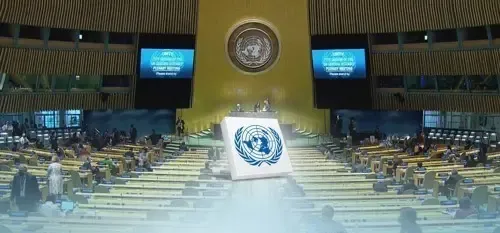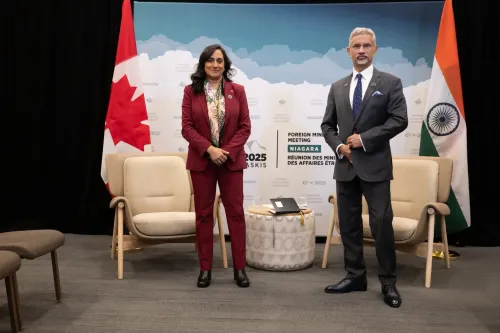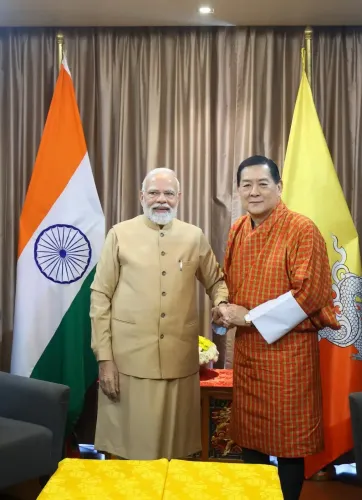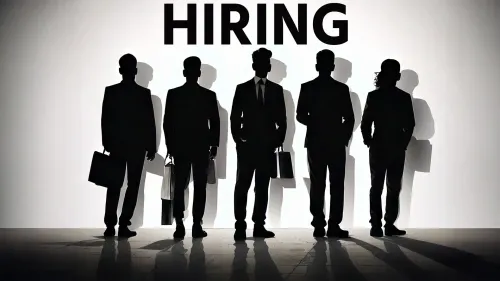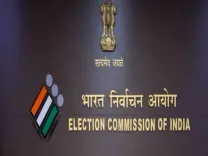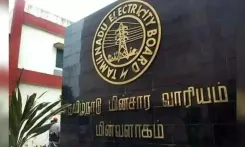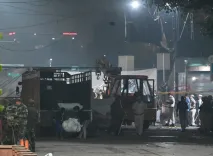Will South Korea's President Lee and Japan's Ishiba Strengthen Ties in Upcoming Summit?
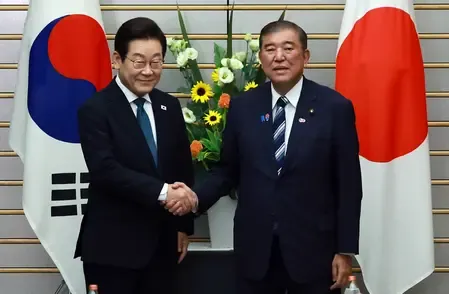
Synopsis
Key Takeaways
- Lee Jae Myung and Shigeru Ishiba will hold a summit in Busan.
- This meeting aims to enhance South Korea and Japan cooperation.
- Ishiba's visit marks a significant diplomatic moment.
- The leaders will discuss regional security and North Korea's nuclear threats.
- This summit reflects a commitment to peace in Northeast Asia.
Seoul, Sep 26 (NationPress) President Lee Jae Myung of South Korea is set to engage in summit discussions with Shigeru Ishiba, the outgoing Prime Minister of Japan, next week in the city of Busan, as announced by the presidential office on Friday.
The meeting will take place during Ishiba's two-day visit to South Korea, scheduled from Tuesday to Wednesday, as indicated by spokesperson Kang Yu-jung, as reported by Yonhap News Agency.
"The summit will strengthen the foundation for a future-driven collaboration between South Korea and Japan," she noted, emphasizing that Ishiba's visit aligns with the recent revival of "shuttle diplomacy" between the two nations.
Last month, Lee and Ishiba had a summit in Tokyo, where Lee proposed that their next meeting occur in a South Korean city other than Seoul.
"The leaders will exchange genuine perspectives on enhancing coordination among South Korea, the United States, and Japan for regional peace and security, as well as mutual interests," she added.
This visit will mark Ishiba's first trip to South Korea since assuming office in October of the previous year and the first occasion in 21 years that a Japanese Prime Minister visits a South Korean city outside of Seoul.
Next week's engagement is projected to be Ishiba's last official visit to South Korea as Prime Minister, following his announcement of an intention to resign earlier this month.
On September 23, the top diplomats from South Korea, the United States, and Japan reiterated their steadfast commitment to the denuclearization of North Korea and underscored the importance of maintaining sanctions against Pyongyang, as stated in a joint declaration.
This declaration arose after a meeting between South Korea's Foreign Minister Cho Hyun, US Secretary of State Marco Rubio, and Japanese Foreign Minister Takeshi Iwaya at the UN General Assembly, where they discussed their partnership and shared concerns, including the nuclear threats posed by North Korea.
North Korean leader Kim Jong-un expressed a willingness to engage in dialogue with the administration of President Donald Trump, should Washington reconsider its denuclearization demands, stating that he has no plans to abandon his nuclear arsenal.
"The Secretary and Foreign Ministers reaffirmed their strong commitment to the denuclearization of the Democratic People's Republic of Korea (DPRK) in accordance with relevant United Nations Security Council (UNSC) resolutions while striving to maintain peace and stability on the Korean Peninsula through dialogue and diplomacy," the statement noted, using the official name for North Korea.
"They underscored the necessity of cooperatively addressing the DPRK's nuclear and missile initiatives and of reinforcing the sanctions regime against the DPRK by responding resolutely and in unison with other nations to violations of relevant UNSC resolutions."

